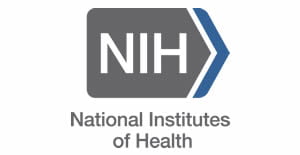RSS feed source: National Institute of Health
Participating Organization(s)
National Institutes of Health (NIH)
Components of Participating Organizations
National Institute of Diabetes and Digestive and Kidney Diseases (NIDDK)
Office of The Director, National Institutes of Health (OD)
Funding Opportunity Title
New Investigator Gateway Awards for Collaborative T1D Research (R03 Clinical Trial Not Allowed)
Activity Code
R03 Small Grant Program
Announcement Type
Related Notices
April 4, 2024 – Overview of Grant Application and Review Changes for Due Dates on or after January 25, 2025. See Notice NOT-OD-24-084.August 31, 2022– Implementation Changes for Genomic Data Sharing Plans Included with Applications Due on or after January 25, 2023. See Notice NOT-OD-22-198.August 5, 2022– Implementation Details for the NIH Data Management and Sharing Policy. See Notice NOT-OD-22-189.
Click this link to continue reading the article on the source website.
